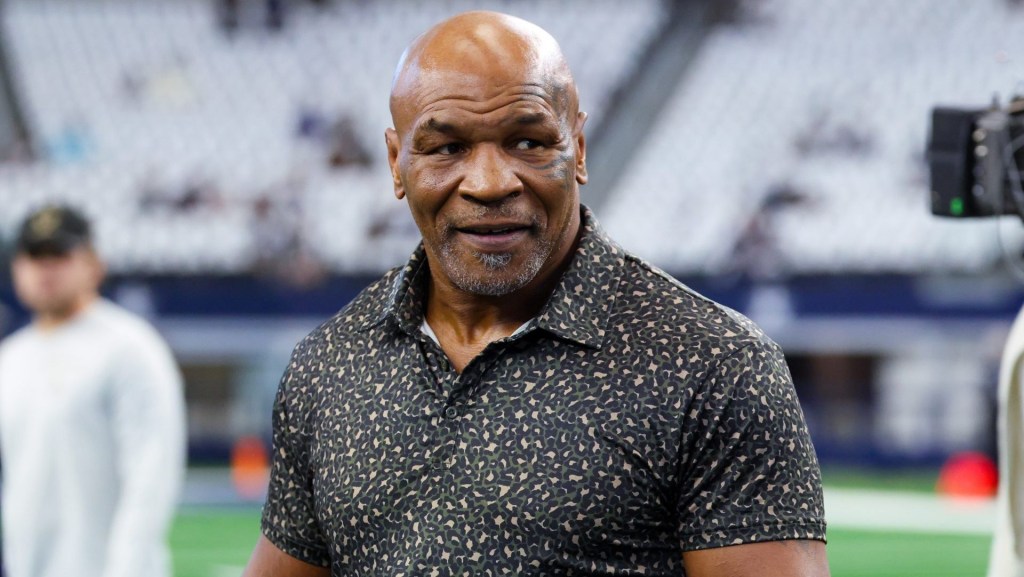LIV Golf’s legal setbacks spanned both sides of the Atlantic Ocean this week.
On Thursday, a U.K. arbitration panel ruling backed the DP World Tour’s ability to sanction players for competing in LIV Golf events. Hours after 18 LIV Golf players and other top pro golfers — minus LIV’s Kevin Na who withdrew after a disastrous start — completed the first round of the Master, U.S. District Court Judge Beth Labson Freeman issued two key rulings in favor the PGA Tour in LIV’s antitrust case against it.
Freeman’s ruling was posted Thursday afternoon ahead a Friday hearing:
- Freeman upheld U.S. Magistrate Judge Susan van Keulen’s ruling that Saudi Arabia’s Public Investment Fund and its governor Yasir Al-Rumayyan are subject to discovery, and that Al-Rumayyan must sit for a deposition.
- The PGA Tour’s request to conduct the depositions of Al-Rumayyan and other PIF officials in the U.S. was also granted. Freeman overruled van Keulen’s decision that the depositions of PIF officials could be conducted in Saudi Arabia.
“After reviewing the evidentiary record and the body of case law on the [Foreign Sovereign Immunities Act], the court concludes that the FSIA provides great deference to foreign sovereign states and the diplomatic work of their officials conducted in the United States for the benefit of the sovereign,” Freeman wrote. “However, it does not immunize the expenditure of billions of dollars in the United States to launch a ‘Disruptor’ golf league.”
Later Thursday, PIF sent notice to the court that it would appeal Labson’s decision on discovery to the 9th Circuit — likely blowing up the chance of the January 2024 trial date.
The appeal has possible downsides for LIV’s financial backers.
Saudi Arabia — which has contributed hundreds of millions of dollar as LIV’s near total financial backer — has been able to claim successfully claim sovereign immunity in U.S. courts.
An appeal, however could have implications for its other U.S. investments. Appeals courts decisions set precedent, and if Freeman’s decision is upheld, the the last option is a petitioning the U.S. Supreme Court — which accepts a tiny percentage of writs of certiorari.
“To accept jurisdiction here could set a dangerous precedent allowing PIF to be sued in U.S. courts any time one of its portfolio companies is involved in a dispute,” lawyers for LIV Golf wrote in a November filing.
While an appeal doesn’t necessarily mean the case will grind to a halt, it’s expected to. Freeman could choose to let the LIV-PGA Tour case could move forward if PIF pursues an appeal.
“That will be a close call,” a source with knowledge of the pleadings told Front Office Sports.
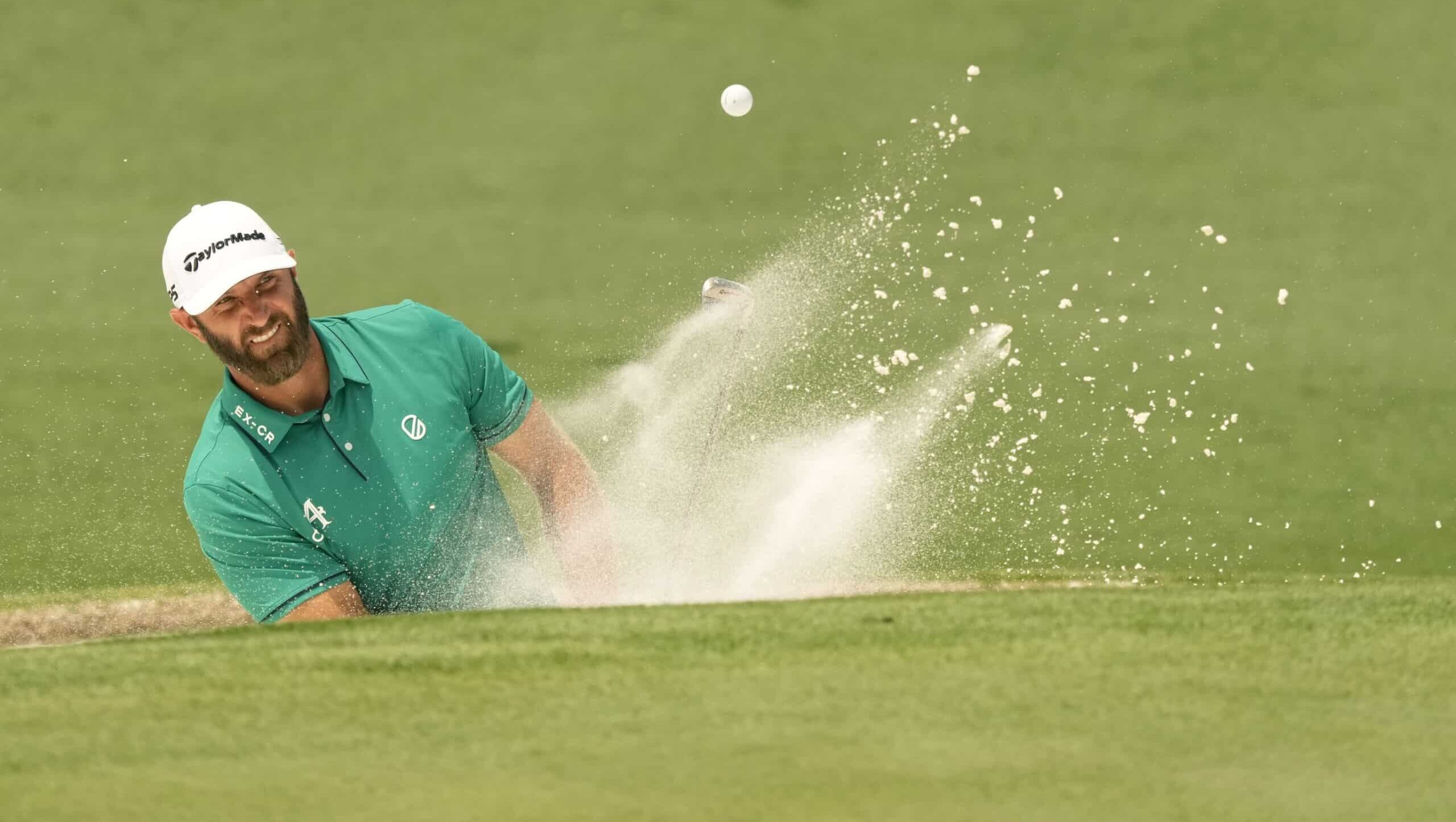
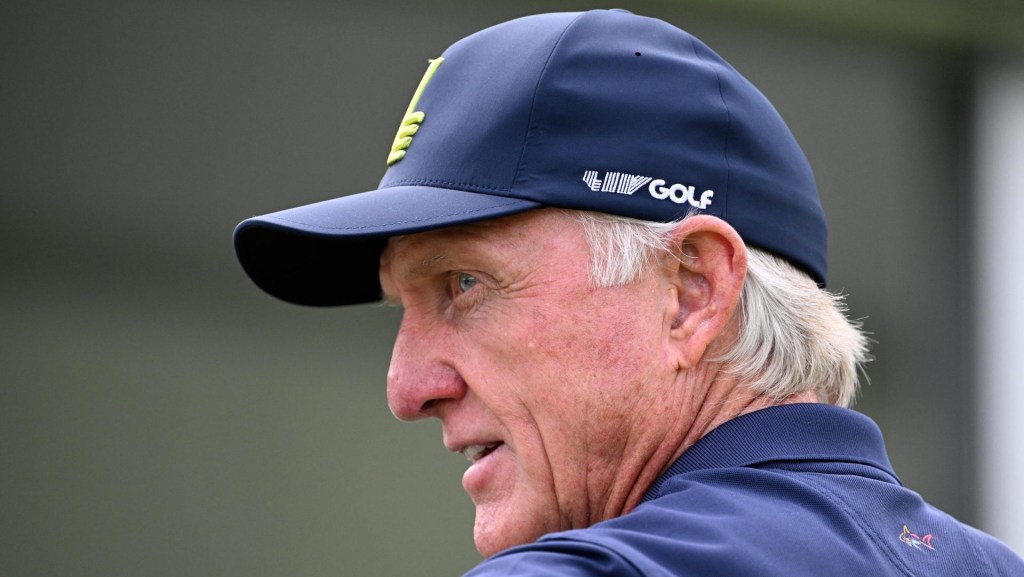
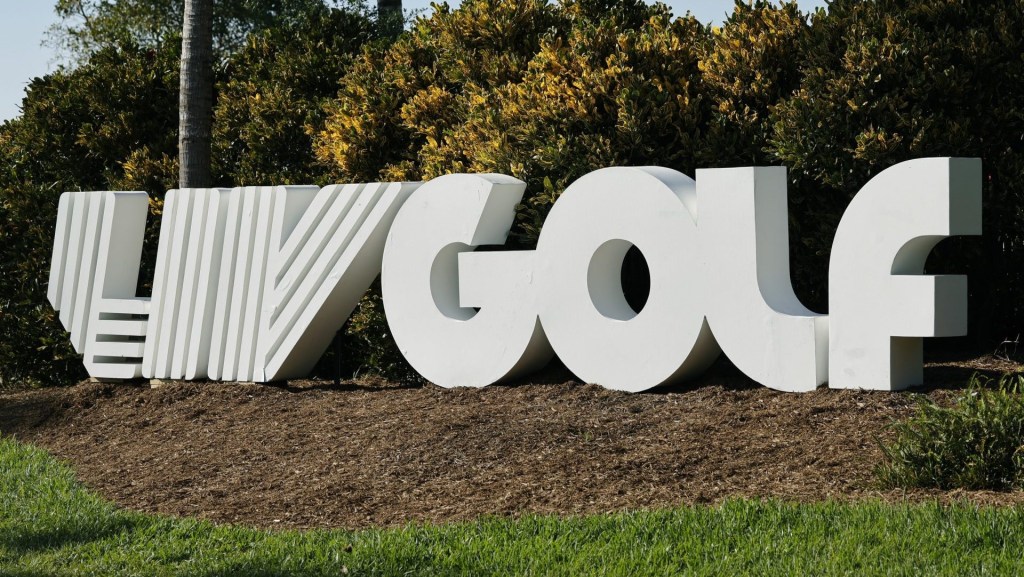
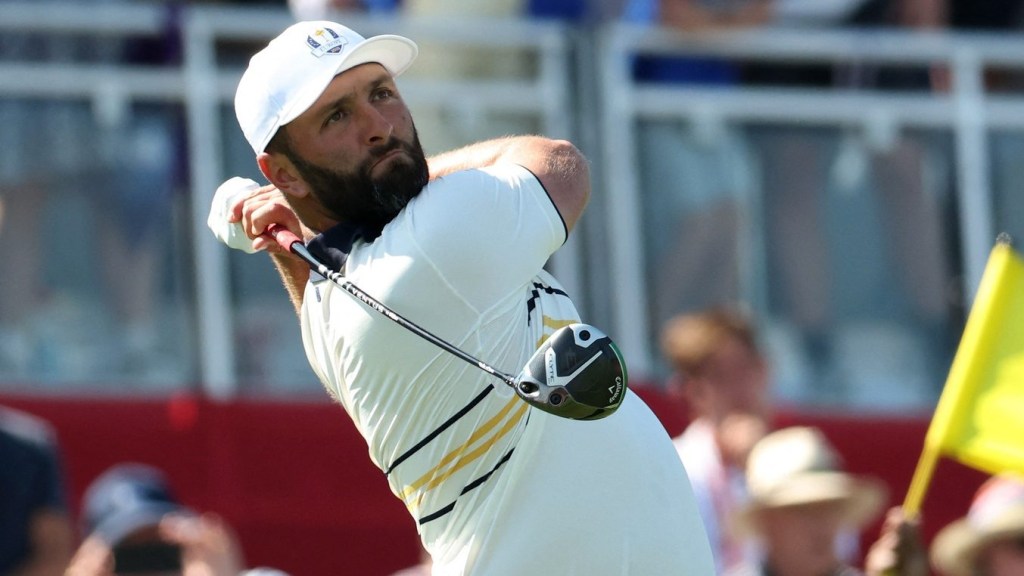
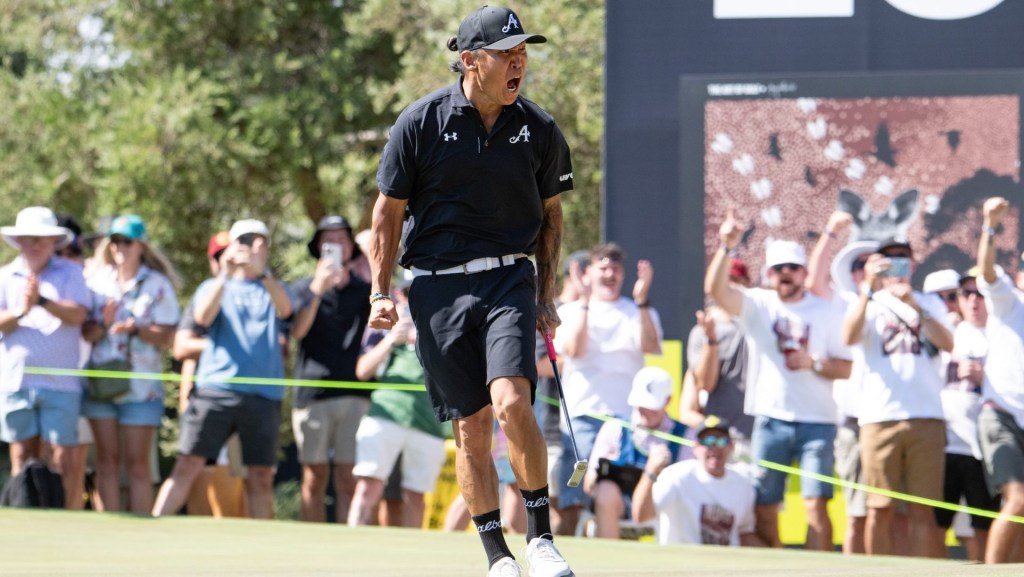
![[Subscription Customers Only] Jun 15, 2025; Seattle, Washington, USA; Botafogo owner John Textor inside the stadium before the match during a group stage match of the 2025 FIFA Club World Cup at Lumen Field.](https://frontofficesports.com/wp-content/uploads/2026/02/USATSI_26465842_168416386_lowres-scaled.jpg?quality=100&w=1024)
![[Subscription Customers Only] Jul 13, 2025; East Rutherford, New Jersey, USA; Chelsea FC midfielder Cole Palmer (10) celebrates winning the final of the 2025 FIFA Club World Cup at MetLife Stadium](https://frontofficesports.com/wp-content/uploads/2026/02/USATSI_26636703-scaled-e1770932227605.jpg?quality=100&w=1024)


